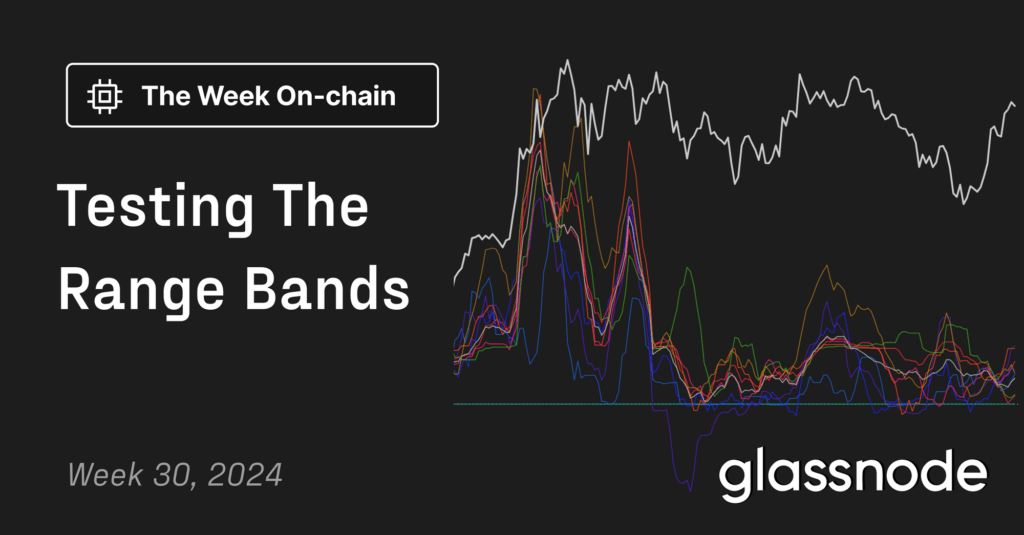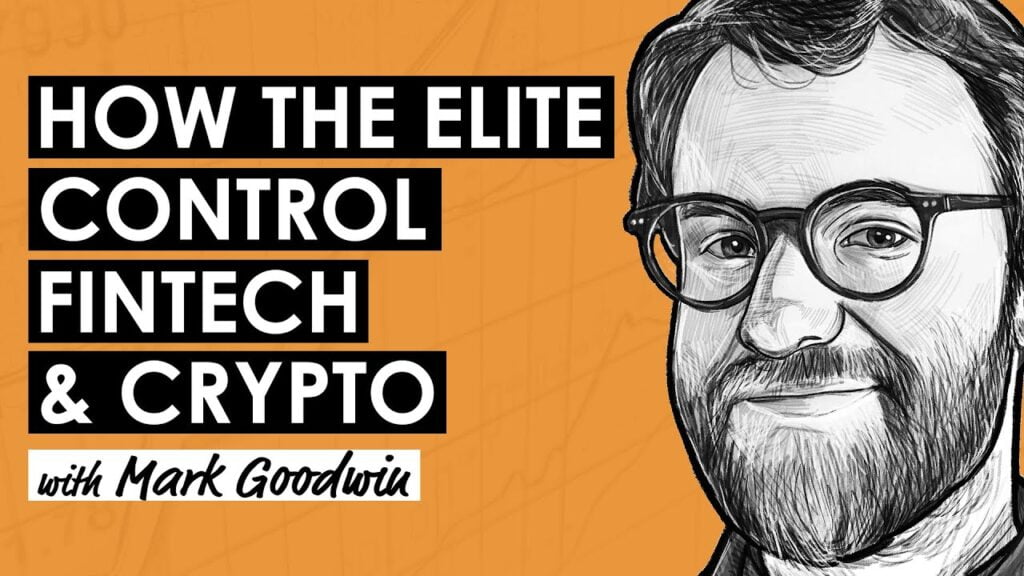Research Summary
The report discusses the potential impact of the Loper Bright Enterprises v. Raimondo case on the future regulation of cryptocurrency. It explores the concept of Chevron deference, a legal doctrine that allows courts to defer to regulatory agencies’ interpretations of ambiguous laws, and how this case could redefine its application, particularly in the context of crypto regulation.
Key Takeaways
Understanding Chevron Deference
- Concept of Chevron Deference: The report explains Chevron deference as a legal doctrine that allows courts to defer to regulatory agencies’ interpretations of ambiguous laws. This doctrine is often used by agencies to expand and enforce their interpretations of statutory law.
- Practical Implications: In practice, Chevron deference means that an agency’s interpretation of a law will almost always prevail in cases of genuine ambiguity, regardless of the challenger’s position.
Supreme Court’s Stance on Chevron Deference
- Liberal Justices’ View: The report notes that liberal-leaning justices view instances of statutory ambiguity as implicit Congressional intent to assign the relevant agency the power to choose reasonable interpretations. They see Chevron deference as a policy-making tool rather than a legal interpretation tool.
- Conservative Justices’ View: Conservative justices, on the other hand, argue that interpreting laws is a judicial function and that Chevron deference inappropriately transfers this responsibility to administrative agencies. They also question the interpretation of congressional intent from statutory silence.
Impact on Crypto Regulation
- Regulatory Implications: The report suggests that the outcome of the Loper Bright case could significantly impact crypto regulation. If Chevron deference is limited or overturned, regulatory agencies might be more cautious in extending their reach without clear statutory authorization, especially in rapidly evolving fields like crypto.
- Legal Implications: In the courts, limiting or overturning Chevron deference would level the playing field in disputes involving statutory interpretation. Courts would engage directly with the competing interpretations presented by the parties and choose the most compelling interpretation rather than automatically deferring to an agency’s interpretation.
Actionable Insights
- Monitor the Loper Bright Case: Given its potential to reshape crypto regulation, stakeholders in the crypto industry should closely follow the developments in the Loper Bright case.
- Prepare for Regulatory Changes: Crypto businesses should prepare for potential changes in the regulatory landscape, particularly if Chevron deference is limited or overturned. This could involve seeking legal advice to understand the implications of such changes.
- Engage with Legislators: Crypto industry stakeholders should engage with legislators to advocate for clear and stable regulatory frameworks that take into account the unique characteristics of the crypto industry.













